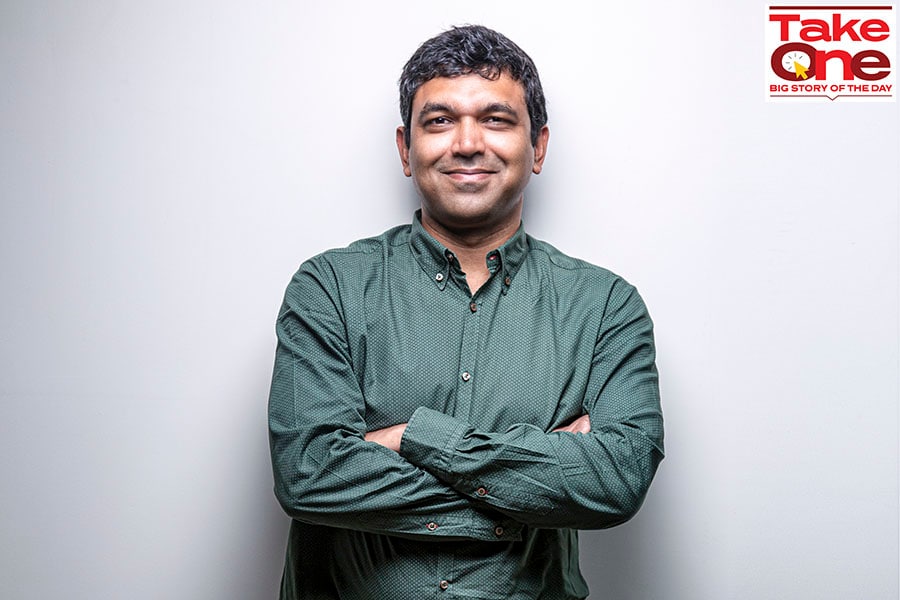
We like sitting with the founder till the IPO baton has passed. That's our DNA: Karthik Reddy
The Blume Ventures co-founder and partner delves into the inner workings of venture capital funds to demystify how founders and investors cross the maze of value creation
 Karthik Reddy, Co-founder and partner, The Blume Venture. Image: Joshua Navalkar
Karthik Reddy, Co-founder and partner, The Blume Venture. Image: Joshua Navalkar
Early-stage venture capital (VC) firm Blume Ventures was co-founded by Karthik Reddy in 2011. It was the first ever VC in India to fully raise the first fund from domestic investors. This paved the way for several homebred VC companies to open shop at a time when there was a lot of scepticism around venture funding due to poor returns.
In an interview, Reddy talks about the secretive world of venture capital funds and explains the power law and the randomness of success in VC investing where early-stage investors depend on gut instincts more than financial data to find the next unicorn. He also throws light on the dark side of startup investing.
“I feel this IPO price optimisation is a silly exercise and I keep telling founders, what's your gain in this? You're the one holding the bag. You're the CEO. You have very little to sell. You're not trying to optimise in the OFS. Who are you trying to solve for? Why are you trying to solve for everybody else on the capital table who's left the building?” Reddy acclaims rhetorically in a conversation on Pathbreakers in April.
The Blume Ventures co-founder and partner believes founders must optimise for their new set of retail shareholders, who have to be with them for the next five to 10 years, when they go public. “So, if you're doing right or wrong by them, eventually, karmically, it is going to come and get you,” he adds. Part one of edited excerpts:


















